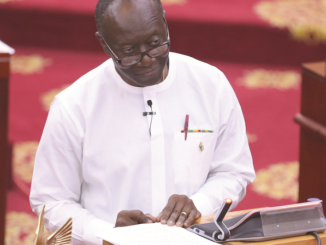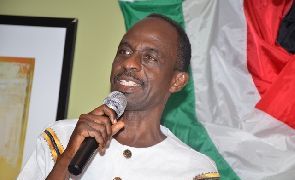Many patients who have recovered from COVID-19 are facing stigmatisation and discrimination.
 The coronavirus pandemic have seen signs of appreciation for health workers, while there have also been manifestations of rejection, isolation, and even death threats to workers and their families, alleging fear of infecting neighbours and patients. Stigmatisation of recovered Covid-19 patients and health workers has been studied infrequently. Most scientific literature focuses on stigma towards people who suffer from some type of disorder, such as mental illness, HIV and other viral infections.
The coronavirus pandemic have seen signs of appreciation for health workers, while there have also been manifestations of rejection, isolation, and even death threats to workers and their families, alleging fear of infecting neighbours and patients. Stigmatisation of recovered Covid-19 patients and health workers has been studied infrequently. Most scientific literature focuses on stigma towards people who suffer from some type of disorder, such as mental illness, HIV and other viral infections.
As in many infectious contagious diseases, coronavirus is associated with actions of stigma, discrimination and rejection.
Epidemics with a high number of cases and related deaths and uncertainty raise fears in the population. Messages of social distancing, isolation, quarantine, risk zones, etc. used by governments to try to control new infections, increase the perception of risk and favour the exclusion, not only of the person who has become ill, but also of their family and those who have been in contact with infected persons.
"RECOVERED COVID 19 PATIENT, A SAVIOR NOT A THREAT "Many patients who have recovered fromCOVID-19 are facing…
Posted by Ghana Matters on Sunday, August 16, 2020
Stigma and discrimination are associated with ignorance, negative views of those at risk , lack of understanding of covid 19 education and perceived probability of contagion, as documented in epidemics of influenza, cholera, SARS, Ebola, or yellow fever, among others. Knowledge of the history of medicine helps us gain a better understanding and manage the current stigma situation for recovered covid 19 patients and health workers.
An interview with doctor Thomas Anaba, the CEO of Habbana medical center inTamale reveals that, associating with contagion can promote delay in seeking care, concealment of symptoms, and delay control of the pandemic. On the other hand, mitigating discrimination and stigma can help control transmission.
Dr. Anaba also revealed that, the plasma of recovered Covid-19 patients can be used in saving the lives of critically ill covid19 patients. “those we stigmatise after their recovery from Covid-19 turn out to be our savior as their plasma could be transfused into newly infected and and critically ill patients for a fast survival than a patient on normal treatment” (Dr. Anaba)
He added that stigma undermines social cohesion, fundamental in the control of the pandemic, isolating groups, such as health workers, avoiding contact with them and delaying necessary health care.
On the management of fears raised by the Covid-19 pandemic at the public health level, he advised that issues regarding the pandemic can be addressed with behavioural strategies that respond to the needs of a segment of the population at risk of being stigmatized through health education and adequate communication, not only at the level of data reporting, also by messages on television, press conferences, mass media and Internet sites.
He also advised the general public on ways to manage stigmatisation which includes, disclosing evidence-based information, for example, about transmission media, protection measures, providing statistical data. Stigma is fuelled by ignorance, he stated.
Promotion of consultation of reliable data sources by the WHO, Ministry of Health, Universities etc. Fight disinformation, hoaxes and rumours that contribute to stigma, correcting information errors, while acknowledging people’s feelings; promote the importance of prevention, detection, reporting and treatment.
Be careful with language, avoiding names that promote stereotypes and stigma (‘Chinese virus’,’ super infector ‘,’ contagious person ‘) Avoid identifying the person with the condition and dehumanising them as a’ suspected case ‘, or’ number of deaths ‘ Use terms that account for the human situation, such as’ person with coronavirus’,’ deceased as a result of the disease.
Help redefine health workers as heroes as well as victims and involve ‘influencers’, religious leaders, politicians, celebrities and journalists to interact interact openly on health matters, he advised.
–
Source: Priscila Awinbe Kusaah /Ghanamatters.com



